
Tooth Sensitivity
Maintaining a proper diet is essential for good oral health. When and how often you consume certain foods and beverages affects your general health and the health of your teeth and gums.
The most common effect of diet on the mouth is the development of dental caries (tooth decay) and enamel erosion. Foods containing any kind of sugar contribute to tooth decay; hence the recent surge in sugar-free alternatives. Plaque, a sticky film of bacteria that accumulates on your teeth, thrives on the sugars found in the everyday foods we eat.
If you do not clean your teeth properly after eating, plaque bacteria use food sugars to produce acids that destroy the thin, hard outer layer of tooth tissue (enamel). Dental erosion is the breakdown of tooth structure caused by acid attacks on the teeth. As time passes, tooth decay occurs, resulting in cavities.
Plaque also produces substances that irritate the gums, making them red, sensitive and susceptible to bleeding. This can lead to gum disease (a leading cause of tooth loss in adults), in which the gum tissues pull away from the teeth, forming pockets that fill with bacteria and pus. If the gums are not treated, the bone around the teeth is destroyed, and teeth may become loose or require extraction.
Nearly all foods, including milk, breads, cereals, fruits and vegetables, contain some form of sugar. However, not all foods with sugars should be removed from your diet because several of them have important nutrients that your body needs. To help control the amount of sugar you consume, read food labels and choose foods and beverages that are low in added sugars. Added sugars often are present in soft drinks, candy, cookies and pastries.
The more often you eat, and the longer foods are in your mouth, the more potential damage to your teeth can occur. Some foods, in particular, are more likely to cause oral health problems than others. Therefore, practice moderation if and when you consume the following foods:
Carbohydrates: Refined carbohydrate-laden foods (chips, bread, pasta, crackers, etc.) can be as harsh on your teeth as candy. Bacteria feed on leftover food particles in the mouth and produce acid, which causes decay.
Chewy, sticky foods: Raisins, granola bars, jellybeans, caramel, honey and syrup stick to teeth, making it hard for saliva to wash away their sugar, which can cause tooth decay.
Sugary snacks: Snacks like cookies, cakes or other sweet treats contain a high amount of cavity-causing sugar.
Candy and gum: Eating candy and chewing regular sugar sweetened gum are harmful to your teeth. As you eat, sugar coats your teeth, which can lead to cavities.
Carbonated soft drinks: Regular soda, or pop, contains a high amount of sugar. Both regular and diet sodas also contain phosphorous and carbonation that wear away tooth enamel.
Fruit and vegetable juices: Fruit and vegetable juices tend to be high in sugar and can damage tooth enamel and lead to decay.
Sports drinks: Most sports drinks have pH levels comparable to carbonated soft drinks, which cause dental erosion. The pH (potential of hydrogen) level is a standard measure for acidity. On a scale of 0 to 14, the lower the pH of a solution, the more acidic it is; the higher the pH, the more non-acidic (alkaline). A low pH level in the mouth contributes to dental erosion.
Acidic foods and beverages: Acids, which can cause dental erosion, are found in numerous foods and drinks. These acids include:
The number of people consuming sugar-filled sodas, sweetened fruit drinks and snacks that contain little, if any, nutritional value is skyrocketing among the general population.
Eating patterns and food choices, particularly among children and teens, are important factors that affect how quickly tooth decay develops. Dentists believe that children who consume too much soda are more prone to tooth decay and serious ailments, such as diabetes and osteoporosis, later in life. However, foods high in carbohydrates, as well as some fruits, juices and sodas, peanut butter, crackers and potato chips, also contribute to cavities in children.
The elderly, individuals on restrictive diets and those undergoing medical treatment may be too isolated, weak or lack the appetite, time, resources or money to eat nutritionally balanced meals at a time when it is especially vital. As a result, these individuals may be afflicted by tooth loss, pain or a joint dysfunction such as temporomandibular joint (TMJ) disorder, all of which can impair an individual’s ability to taste, bite, chew and swallow foods.
People who are severely underweight or overweight (struggling with obesity), who have recently lost weight and/or are malnourished or take medications (steroids, immunosuppressants, chemotherapeutic agents, etc.), may have a poor nutritional state that could negatively impact their dental caries rate, also.
If you or someone you know is experiencing any of these circumstances, talk to your dentist about solutions and remedies to the situation. It is important to keep all members of your healthcare team informed and up-to-date about your medical history, lifestyle and eating habits so they can work together to identify, prevent and/or control oral and medical health risks.
Most adult vegetarians know the importance of balanced nutrition and therefore properly maintain their diet. Children, on the other hand, need a well-balanced, nutritionally complete diet for proper growth. The potential for deficiencies is greatest among children and teenagers who put themselves on vegetarian diets without knowing enough about their nutritional needs.
Some vegetarians, particularly vegans (those who do not consume any food or drink of animal origin), can experience deficiencies in calcium, vitamin D, riboflavin, vitamin B12 or complete proteins. This can put them at greater risk for tooth decay and gum disease. Studies show that by eating the right amount of fruits, vegetables, grains and legumes, vegans can get the nutrients they need. Taking a multi vitamin daily also is a good idea.
Vegetarian diets and diets in which fruit comprises more than two-thirds of the total food intake also make individuals more susceptible to dental erosion. Frequent vomiting and acid reflux, both of which can introduce stomach acid into the mouth, also can cause dental erosion.
If you are considering adopting a vegetarian or vegan diet, first consult with your dentist and/or nutritionist to learn how to make smart food substitutions to ensure you are getting all necessary nutrients.
Nutrition affects teeth during development. Poor nutrition may exacerbate periodontal disease, a leading cause of tooth loss in adults, as well as other oral infectious diseases. Although poor nutrition does not cause gum disease directly, many researchers think the disease progresses faster and more severely in people with poor nutritional habits.
Therefore, getting the proper amount of vitamins, minerals, fats and protein is essential for the growth and regeneration of normal tissues, as well as your body’s ability to fight infections. Carbohydrates, fat and protein supply the energy your body needs for tissue maintenance and repair. Along with vitamin C, vitamins A, E, B, K and D are essential for healing and a quicker recovery time. For example, vitamin A significantly contributes to healing by reducing the inflammatory period of tissue repair.
Important minerals and nutrients your body needs to stay healthy include the following:
Calcium: Your teeth and jaws are made mostly of calcium. Without enough calcium in your diet, you may develop gum disease and tooth decay. Calcium is found in many foods and liquids, such as milk and dairy products, beans, broccoli, nuts and oysters.
Iron: Iron deficiency can cause tongue inflammation and mouth sores. Iron is found in foods such as red meat, bran cereals and some nuts and spices.
Vitamin B3 (niacin): A lack of vitamin B3 can cause bad breath and canker sores. To boost your B3 levels, eat chicken and fish.
Vitamins B12 and B2 (riboflavin): Mouth sores can develop when you do not get enough Vitamins B12 and B2. Red meat, chicken, liver, pork and fish, as well as dairy products like milk, yogurt and cheese, are good sources of vitamin B12. Vitamin B2 is found in foods like pasta, bagels, spinach and almonds.
Vitamin C: Vitamin C deficiency may lead to bleeding gums and loose teeth. Sweet potatoes, raw red peppers and oranges are great sources of vitamin C.
Vitamin D: Vitamin D helps your body absorb calcium, which helps build strong bones and teeth. A diet lacking or low in vitamin D can lead to burning mouth syndrome. Symptoms of this condition include a burning mouth sensation, a metallic or bitter taste in your mouth and mouth dryness. To increase your vitamin D intake, drink milk, and eat egg yolks and fish. Limited amounts of sunshine help the body to produce Vitamin D.

Tooth Sensitivity

Ask the Expert

Pediatric Dentistry

Oral Health
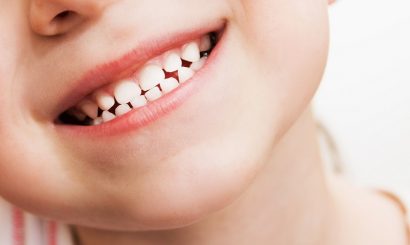
Pediatric Dentistry
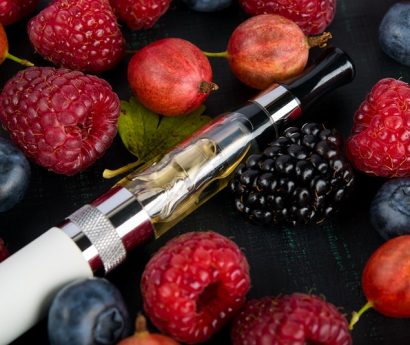
Oral Health
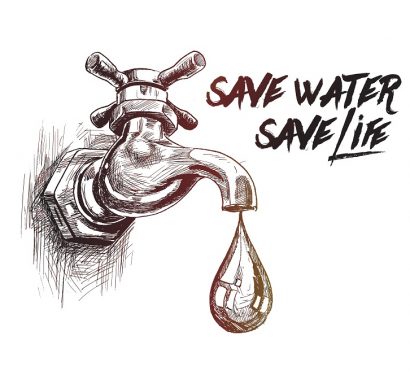
Dental Hygiene
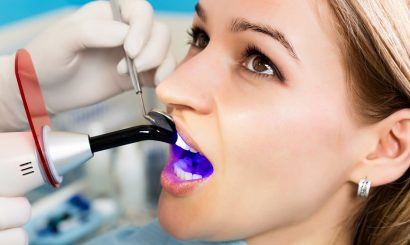
Tooth Restoration
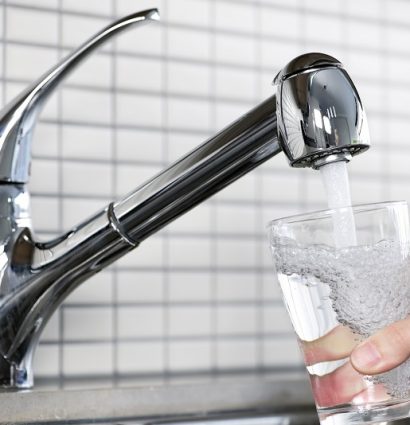
Dental Public Health
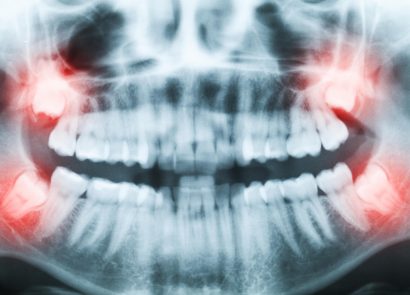
Wisdom Teeth
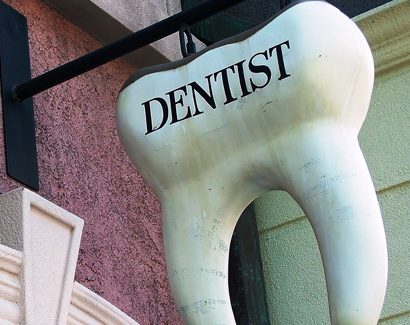
Dentists
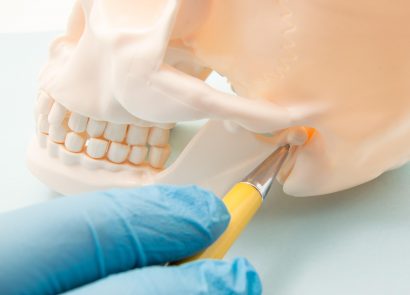
TMJ
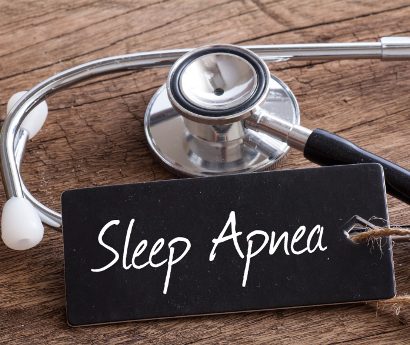
Sleep Apnea

Cosmetic Dentistry
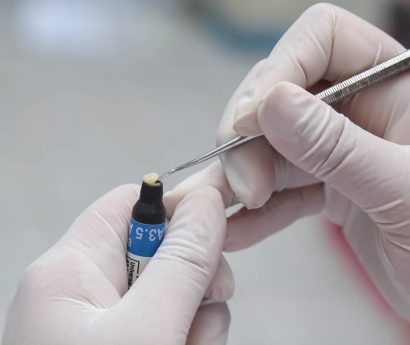
Dental Veneers